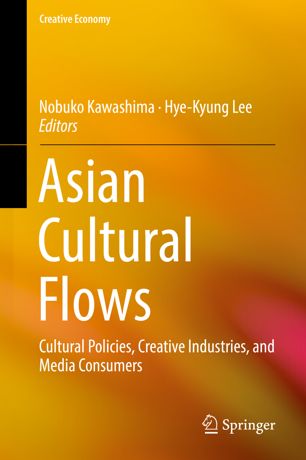

Most ebook files are in PDF format, so you can easily read them using various software such as Foxit Reader or directly on the Google Chrome browser.
Some ebook files are released by publishers in other formats such as .awz, .mobi, .epub, .fb2, etc. You may need to install specific software to read these formats on mobile/PC, such as Calibre.
Please read the tutorial at this link: https://ebookbell.com/faq
We offer FREE conversion to the popular formats you request; however, this may take some time. Therefore, right after payment, please email us, and we will try to provide the service as quickly as possible.
For some exceptional file formats or broken links (if any), please refrain from opening any disputes. Instead, email us first, and we will try to assist within a maximum of 6 hours.
EbookBell Team

4.0
26 reviewsThis book investigates economic, political, and cultural conditions that have led to transnational flows of culture in Asia. Coverage also looks at the consequences of an increasingly interconnected Asian regional culture as well as policy makers and cultural industries' response to it. The book features essays written by researchers from different countries in Asia and beyond with diverse disciplinary backgrounds. The volume also contains engaging examples and cases with comparative perspectives.
The contributors provide readers with grounded analysis in the organizational and economic logics of Asian creative industries, national cultural policies that promote or hinder cultural flows, and the media convergence and online consumers' surging demand for Asianized cultural products. Such insights are of crucial importance for a better understanding of the dynamics of transnational cultural flows in contemporary Asia. In addition, the essays aim to “de-westernize” the study of cultural and creative industries, which draws predominantly on cases in the United States and Europe. The contributors focus instead on regional dynamics of the development of these industries.
The popularity of J-Pop and K-Pop in East and Southeast Asia (and beyond) is now well known, but less is known about how this happened. This volume offers readers theoretical tools that will help them to make better sense of those exciting phenomena and other rising cultural flows within Asia and their relevance to the global cultural economy.